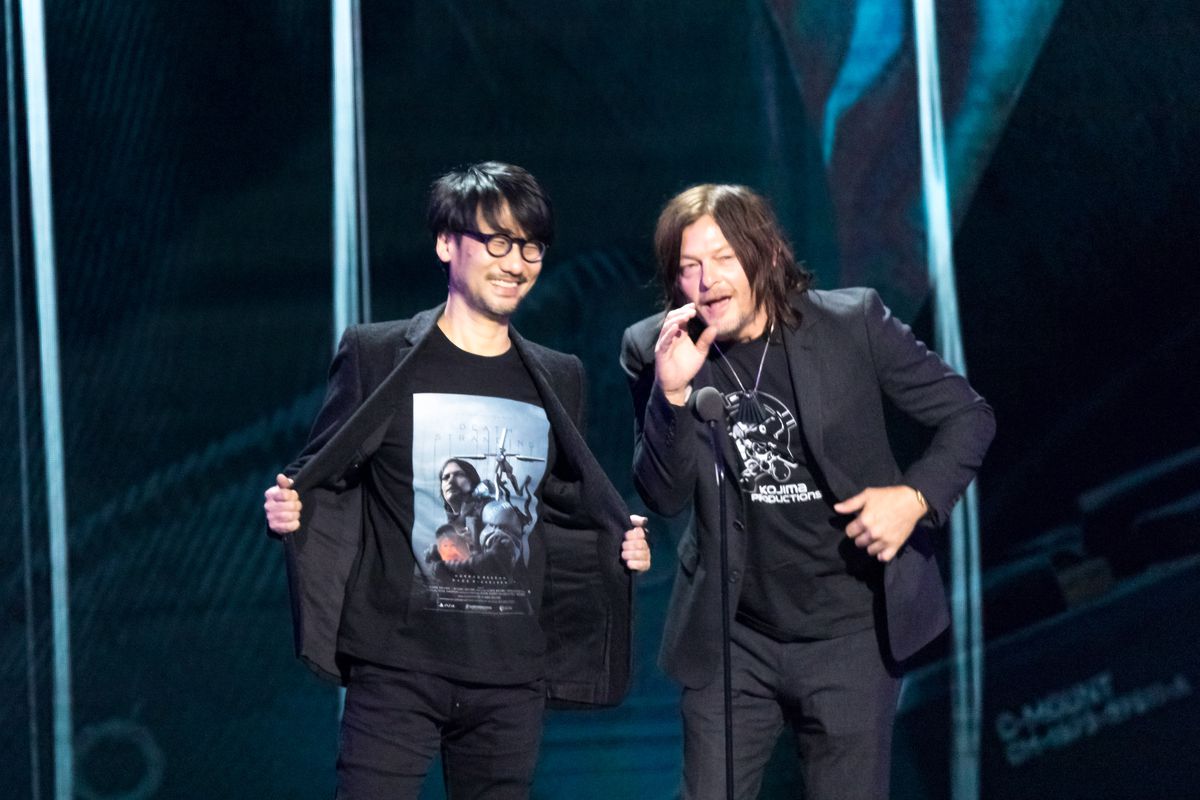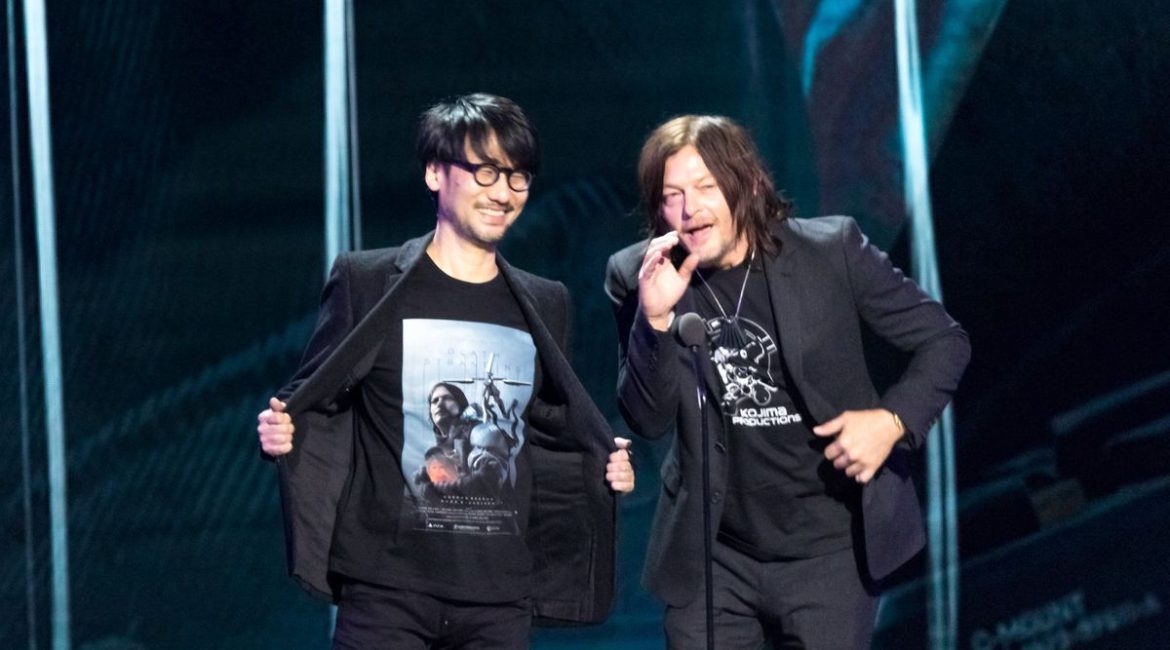It’s 2024. Roger Ebert of the Chicago Sun-Times died more than a decade ago. And yet, as of three months ago, people were still leaving comments on a contentious blog post that the famed film critic wrote in 2010. The question of whether video games are art should, at this point, feel settled. Instead, the endless comments reveal an uncomfortable truth: All the accolades, the mainstream recognition, and the gargantuan dollar amounts haven’t gotten rid of a deep-seated insecurity at the heart of the video game industry. Ebert didn’t begin this heady conversation, but by being skeptical, the opinionated writer became inextricable from a discussion that rages on well after his time.
While many will designate a post that boldly proclaims “Video games can never be art” as the scene of the crime, Ebert poked the bear before that missive was published. The critic started the conversation on the heels of a negative review of Doom (2005), in which he declared that he would never play the source material for the movie. The review led to a submission by a reader who suggested that Ebert had approached the film incorrectly. The Doom fan went on to inform Ebert of its cultural significance for the medium, emphasizing that the first-person shooter changed the way we look at games — literally. “Thus by being faithful to the game, the movie pisses off the critic and pleases the gamer,” the reader declared.
Ebert shot back and reiterated that the movie sucked. The response was short, but revelatory about his sentiments toward the medium as a whole. “As long as there is a great movie unseen or a great book unread, I will continue to be unable to find the time to play video games,” Ebert wrote. The dismissal was striking enough that the conversation moved away from Doom the movie and shifted, instead, to Ebert’s outlook on games. Opinions started pouring in from readers who were eager to defend their favorite pastime, many of which were republished on Ebert’s website.
“I find it hard to believe that anyone can complain about a multi-billion dollar business that is overtaking the movie industry,” wrote a 16-year-old named Aaron, who claimed that no movie or book could match the genius of a game like Halo. Money was a recurring argument in these complaints, as was the idea that Ebert, who had little experience with games, was out of his element. Nearly everyone had suggestions for games Ebert should play to change his mind: Shadow of the Colossus, Metal Gear Solid, the Zelda series. On the wider web, which was flush with technology-savvy gamers, indignancy ran rampant. “This is one of the most elitist and ridiculous things I have ever read,” one NeoGAF user wrote in a 2005 thread full of replies that were largely in agreement.
The incendiary opinion that games weren’t worthy enough to command the attention of a world-class critic arrived at a time when the games industry as a whole was undergoing a massive shift. 2005 was the same year that classic games like God of War, Yakuza, and Resident Evil 4 were released alongside other prestige games that influence the industry to this day. 2005 was a few years after Satoru Iwata took the helm at Nintendo and pivoted the company to adopt a “blue ocean” strategy that focused on casual and nongamer audiences. 2005 was also the year that the Japanese company released the Nintendo DS, a portable console that, among other things, helped the mainstream see games as educational tools. It was a year after Microsoft launched Xbox Live Arcade, a program that championed and popularized a variety of industry-defining indie games. All the while, figures like Jack Thompson were busy trying to blame video games for real-world violence. These were circumstances that primed audiences to be defensive: Games were on the cusp of something greater, but they were also under attack.
It’s unsurprising, then, that Ebert’s comments pushed the industry to reflect on itself. Ron Gilbert, of Monkey Island fame, wrote a blog post in which he concluded that Ebert’s opinion made sense, as most people — even hardcore fans — couldn’t name a game developer at all. “He sees toys and doesn’t see the person or people behind them and that is our fault,” Gilbert wrote, before revealing that he didn’t know who designed Grand Theft Auto: San Andreas. Without recognized auteurs, the game industry obscures the authorial control that people expect when looking at a work of art. Art, in other words, has a vision. One of the most notable things that Ebert kicked off here was a wide-ranging discussion about art and its purpose. It would frankly take a thesis to distill all the different arguments for why games do or do not qualify as art, or to summarize the ways in which other mediums have undergone similar scrutiny before being accepted by the mainstream. The questions are as philosophical as they are endless. Can art have rules and be won? Does art need to be linear? Can art be made by a small army of contributors?
Ebert engaged with some of these questions and arguments in his infamous 2010 blog post, most notably after thatgamecompany’s Kellee Santiago gave a TED Talk defending games as art. In the 15-minute lecture, Santiago argued that games were already art, because art is “deliberately arranging elements in a way that appeals to the senses or emotions.” It was a broad definition that Ebert took issue with, but the thing that killed the argument for Ebert was the ease with which championing video games crossed over into the verbiage of a financial earnings call. Santiago argued that her art game picks had “great market impact,” and she included a slide with words like “Finance” and “Executive Management.” For Ebert, popularity and ROI were immaterial to whether something was art, and by relying on these metrics, the game industry was quietly compromising the medium’s artistic value.
Since then, the topic of games as art has become a cyclical discussion. Literary magazine n+1 once took a shot at the debate, and concluded that the answer was an “emphatic no.” That declaration set off another slew of responses, including one by Extra Lives author Tom Bissell, a well-regarded video game critic. “Not every game is art,” Bissell conceded. “Not even most games are art. But the worst examples of a medium cannot be used to annul that medium’s highest aspirations.” By this point, as critic and game developer Matthew Seiji Burns noted in a related blog post, outlets like the New York Times were reviewing games. But the debate over whether games could be art raged on. IGN rebutted Ebert in 2012, after the man had died. Game developers like Josef Fares, known for critically acclaimed games including A Way Out, decried Ebert’s opinions as “bullshit” in 2018. In 2019, critic Mx. Medea urged readers to stop caring about what onlookers like Ebert think.
These are all complex discussions, and that seems to be at the heart of why Ebert’s opinions have haunted the gaming industry even after the late critic stopped defending them. He threw up a white flag later in 2010. “I was a fool for mentioning video games in the first place,” Ebert wrote, before noting that he would never cast an opinion on a movie he’d never seen. The kicker? Ebert hadn’t changed his mind. But since the replies to his original post — not counting responses on other websites at all — exceeded the length of books like The Brothers Karamazov, Ebert was, at that point, exhausted. “I still believe [that games can’t be art],” Ebert wrote, “but I should never have said so. Some opinions are best kept to yourself.” Ebert might be one of the earliest victims of the now-ubiquitous phenomenon where fans rally and harass someone into shutting down by overwhelming them.
But spoilers: As of 2024, people are still asking the same question, as evidenced by this Reddit thread with over 100 responses.
“He is still habitually referenced by journalists, critics, academics writing about games and art — even when they aren’t directly engaging with his ideas, Ebert still seems to be a go-to starting point or foil,” Felan Parker, who wrote a Ph.D. thesis on this subject in 2018, tells Polygon. “That suggests to me that the terms and stakes Ebert set out for the debate almost 15 years ago are still shaping the discourse, for better or for worse.”
We are now at a point where mainstream publications like Rolling Stone and Variety treat video games as a worthy beat. The Grammys have a video game score category, and games have been featured at the Smithsonian. The Van Gogh Museum created a Pokémon card, and the Louvre’s digital guide uses the Nintendo 3DS. Mainstream recognition, especially after the pandemic, seems inarguable based on the cultural institutions that have brought video games into the fold. So why does anyone still bring up Ebert?

Perhaps, deep down, the industry is still fighting to convince itself of its worthiness. Mainstream appeal and money are not the same as respect, nor do they inherently crown their subjects as art. It is easy to evoke Ebert when The Game Awards, which aims to be gaming’s version of the Oscars, spends more time debuting trailers of upcoming video games you can pre-order than celebrating creators or their art. Some awards aren’t broadcast at all, and speeches are cut short in favor of advertising the next big thing. If that seems like a cheap argument, consider, for a moment, Hideo Kojima — who is widely regarded as an auteur, and readily bandied about as proof that games are in fact art. Kojima not only regularly features in The Game Awards, but in an attempt to legitimize the event, he’s also cited as a founder.
Kojima, you’d think, would be a staunch defender of games as art. But he actually agrees with Ebert.
“I don’t think they’re art either, video games,” Kojima said back in 2006, a year after Ebert cast his thoughts. “Art is something that radiates the artist,” he went on to argue, stating that “if 100 people walk by and a single person is captivated by whatever that piece radiates, it’s art.
“But videogames aren’t trying to capture one person. A videogame should make sure that all 100 people that play that game should enjoy the service provided by that videogame. It’s something of a service. It’s not art.”
Ebert, it should be noted, didn’t hate all games. He was a fan of The Cosmology of Kyoto, an adventure game with open-ended gameplay that let players explore ancient Japan. But even if that wasn’t the case, the furor and insecurity surrounding Ebert scaffolds the final barrier between games and art. Art begets — and, crucially, welcomes — criticism for what it is: a sign of respect. Good criticism, which is not the same as favorable criticism, does not endanger its subject. Ebert is legendary not because he was opinionated, but because he understood his role as a critic. An audience primed on media that’s inherently deferential to their pleasure might have a hard time understanding these ideas.
“It is not important to be ‘right’ or ‘wrong,’” Ebert once wrote in a post where he repeated the classic adage that an unexamined life is not worth living. “It is important to know why you hold an opinion, understand how it emerged from the universe of all your opinions, and help others to form their own opinions. There is no correct answer. There is simply the correct process.”
